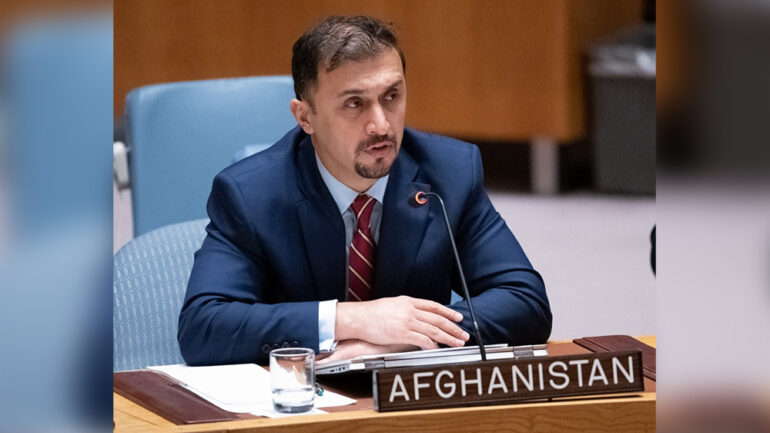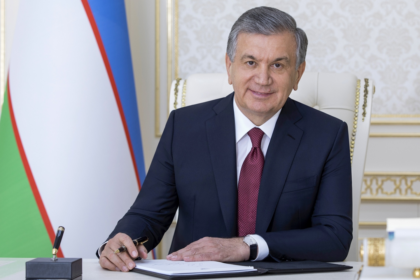RASC News Agency: Nasir Ahmad Faiq, the Permanent Representative of Afghanistan to the United Nations, issued a firm and impassioned plea at the latest UN Security Council session, urging the immediate appointment of a Special Envoy of the UN Secretary-General to facilitate a genuine, inclusive political process for Afghanistan one that places the Afghanistani people, not the Taliban, at its center. Faiq stressed that the political roadmap recently proposed by the United Nations was devised without any meaningful consultation with Afghanistan’s real stakeholders, including political activists, civil society leaders, and non-Pashtun ethnic communities. He firmly rejected any externally imposed blueprint that bypasses the voices of those who have suffered most under Taliban repression.
“This plan lacks legitimacy because it was crafted without listening to the people who continue to resist Taliban oppression on the ground,” Faiq declared. “The future of Afghanistan must be shaped by its people not dictated by armed extremists or external convenience.” The Ambassador denounced the Taliban’s continued exclusionary and totalitarian governance, highlighting its systematic marginalization of women, ethnic minorities, and opposition voices. He emphasized that any international engagement with the Taliban that fails to demand democratic reforms, human rights accountability, and ethnic inclusivity amounts to complicity in oppression. Faiq described Afghanistan’s humanitarian situation as “dangerously critical,” compounded by the forcible mass deportation of Afghanistani refugees from neighboring states. With limited infrastructure and no legitimate governance capacity under Taliban rule, the country cannot feasibly absorb or reintegrate hundreds of thousands of returnees—many of whom face economic destitution and targeted persecution upon arrival.
“Afghanistan is on the brink. The indiscriminate return of vulnerable migrants into an unstable and unwelcoming environment risks triggering deeper social unrest, economic paralysis, and the collapse of what little safety net remains,” Faiq warned. Faiq accused the Taliban of utterly betraying their initial public assurances, including their supposed commitment to a general amnesty. He cited ongoing reports of arbitrary arrests, enforced disappearances, and extrajudicial executions, particularly of former security personnel, civil servants, journalists, and women’s rights activists. “The Taliban have never honored their commitments. What they offer are empty words while they systematically dismantle every pillar of civil society,” he said.
He further warned about the expanding network of extremist seminaries under Taliban patronage, which are reportedly engaged in indoctrinating children and recruiting them into ideological militancy. These developments, he stated, are a time bomb for both Afghanistan and the international community. “Radicalization is thriving in the absence of real education, freedom of expression, and civic participation. The Taliban are cultivating a generation trapped in ideological darkness,” Faiq cautioned. Faiq urged the United Nations to adopt a firm and principled stance, refusing to grant the Taliban any political legitimacy until they demonstrate a credible commitment to democratic norms, human rights, and inclusive governance.
“No peace process is genuine if half the population is erased from public life. No stability can emerge from fear, exclusion, and silence,” he said. He concluded with a call to action:
“The international community must not legitimize a regime that governs through force, fear, and fanaticism. The people of Afghanistan deserve representation, justice, and the right to shape their destiny free from tyranny. The Taliban must not be rewarded for erasing these rights.”






